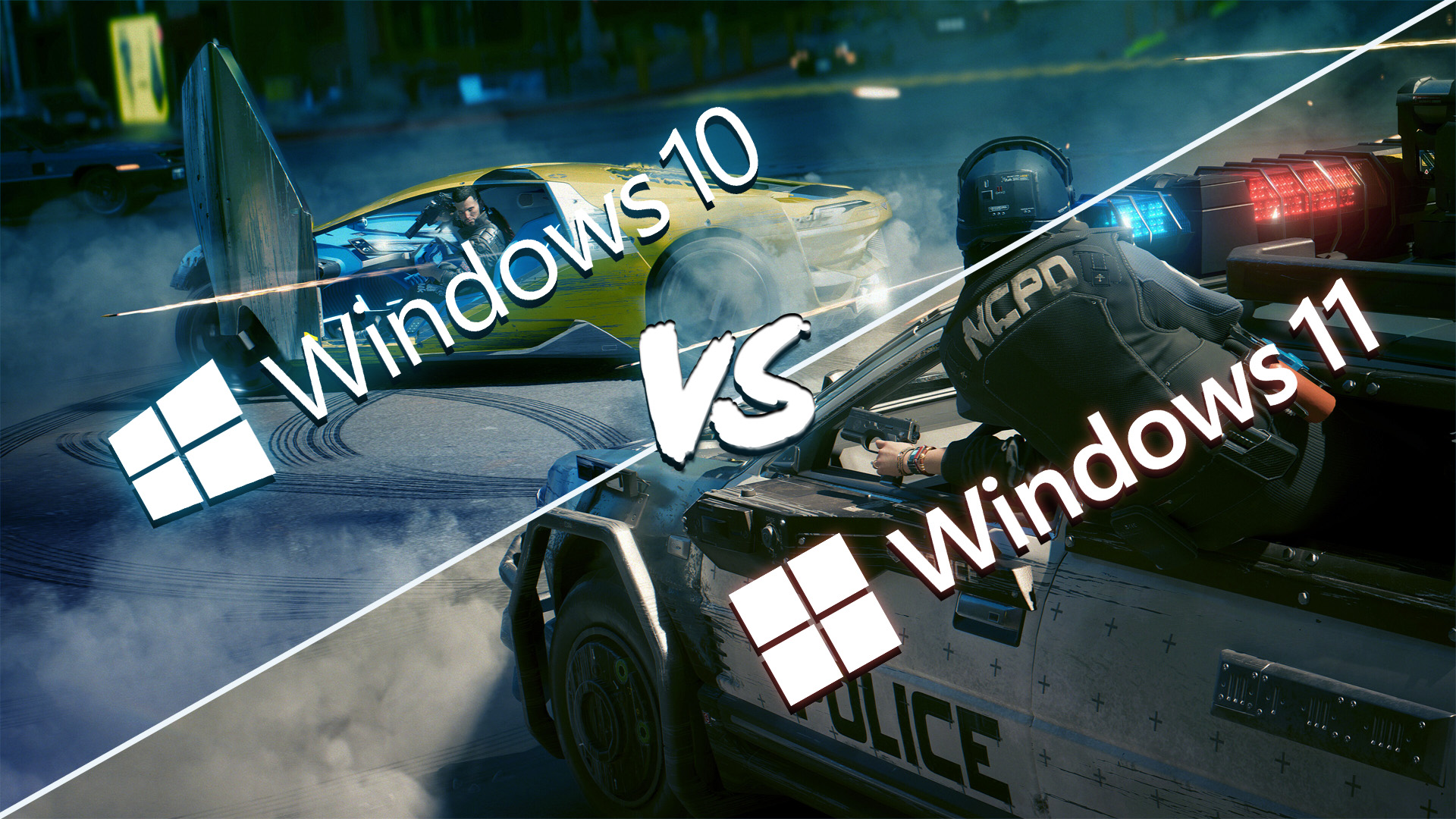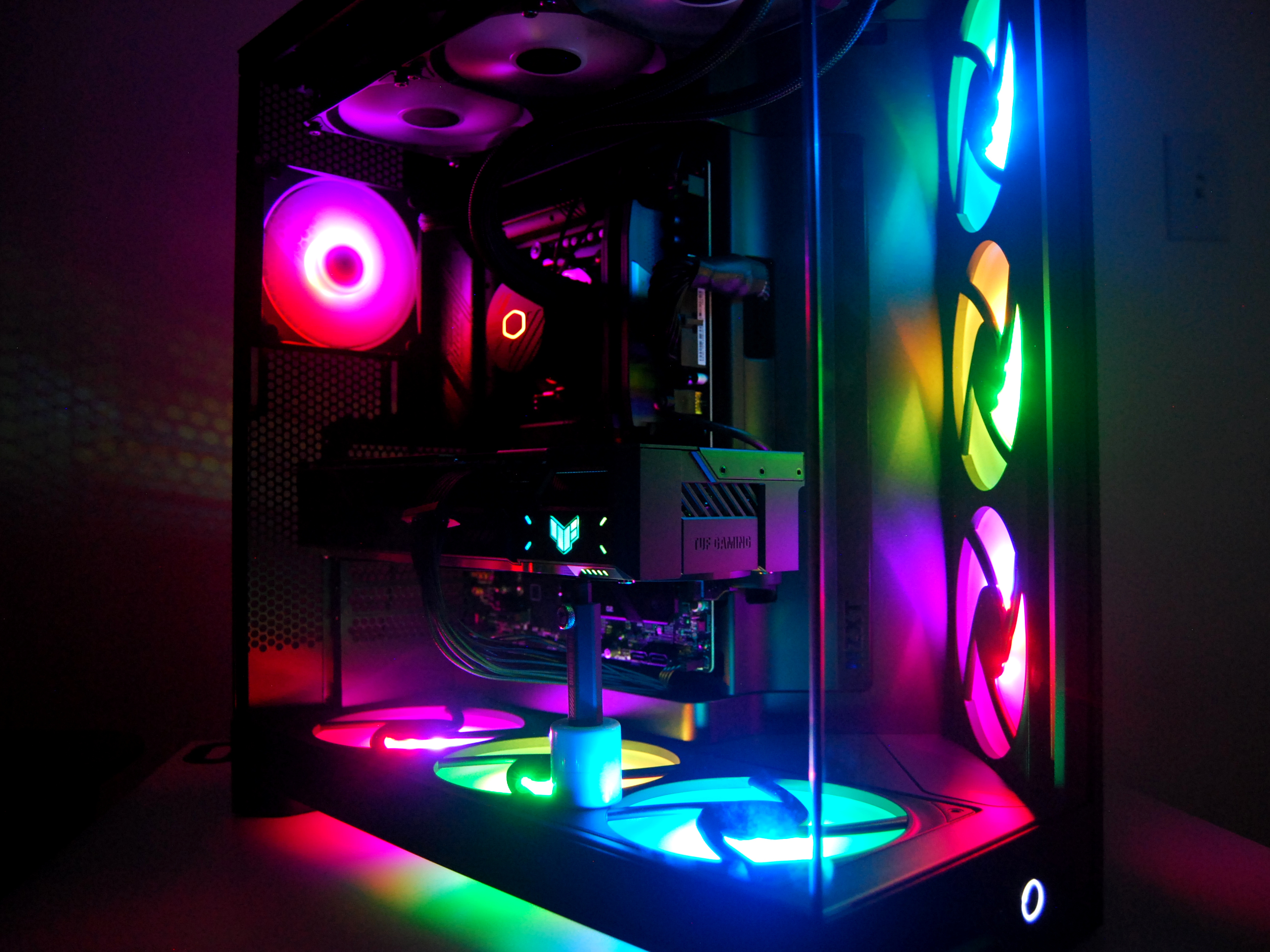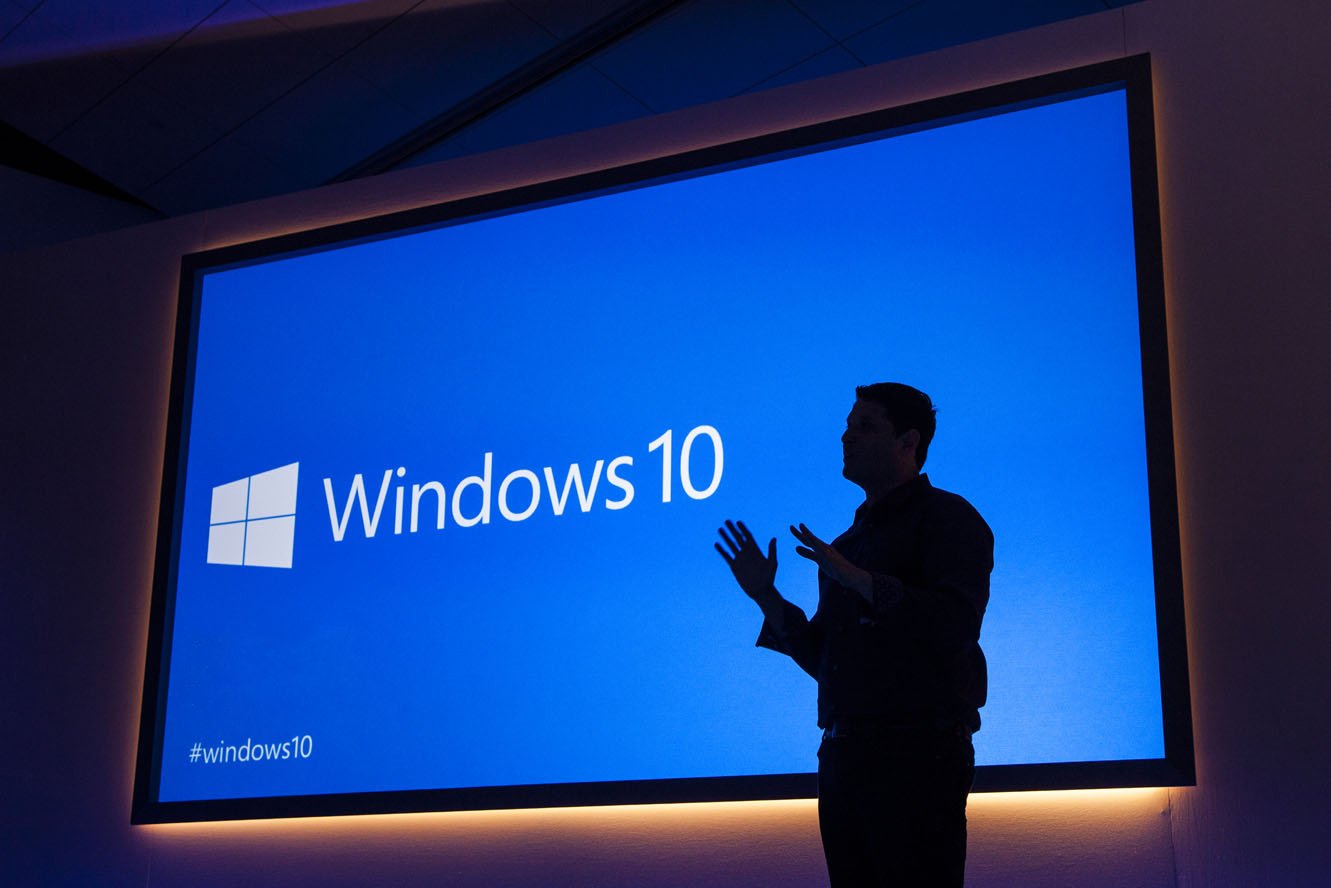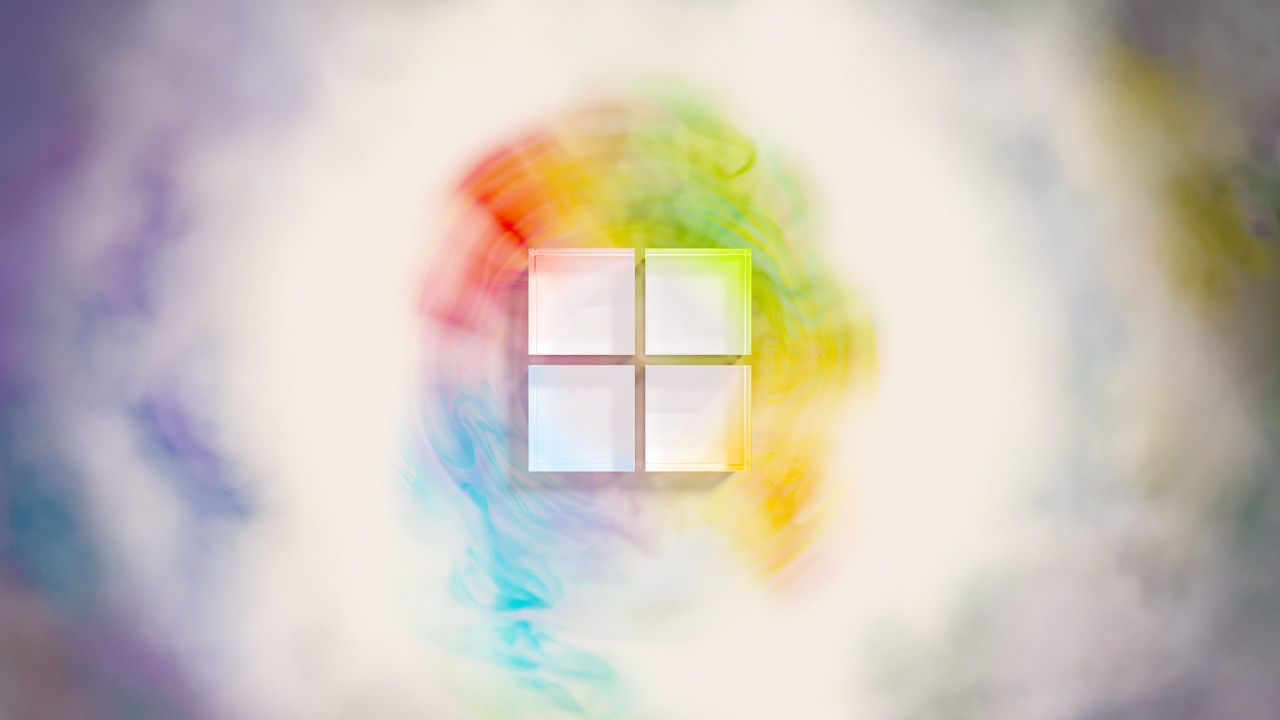
All the latest news, reviews, and guides for Windows and Xbox diehards.
You are now subscribed
Your newsletter sign-up was successful
It's no secret that Windows 10 is set to reach end-of-life support on October 14, 2025. That doesn't mean that your Windows 10 PC will suddenly stop working; it just means that it will no longer receive security and feature updates that improve the operating system.
While you can continue using Windows 10 after October 14 — I outline some methods at the end of this article — the general advice is to make the switch to Windows 11 sooner rather than later.
I've personally been dragging my feet with the Windows 11 upgrade on my home gaming PC, which has only ever known Windows 10. It works fine, and I wouldn't be making a change if Microsoft weren't forcing it. How much of a difference is there, if at all, in Windows 11 when compared to gaming performance on Windows 10? I decided to find out.
Windows 10 vs. Windows 11: Which OS delivers superior gaming performance?
When Windows 11 launched in 2021, it didn't take long for users to discover that games weren't performing as well as they should. Pulling just one example, a major bug arrived with Windows 11 version 22H2 in 2022, resulting in stuttering and poor performance while gaming.
Gaming performance in Windows 11 has improved over the years — there are plenty of manual tweaks available in Windows 11 to maximize frame rates — but many gamers swear that they won't make the change to the new OS.
CPU: AMD Ryzen 7 9800X3D (liquid-cooled with 360mm AiO)
GPU: NVIDIA RTX 5070 Ti (ASUS TUF Gaming)
RAM: 32GB Corsair Vengeance DDR5-6000
Motherboard: MSI MAG B650 Tomahawk WiFi
Storage: 1TB/2TB M.2 PCIe 4.0 NVMe SSDs, 1TB SATA SSD
Display Resolution: 3440x1440 Ultrawide
Windows 11 now has a larger share of gamers than Windows 10, at least according to a Steam hardware survey from June, but that still leaves roughly 40% of other gamers using different operating systems.
SteamOS, a fork of a Linux distro built by Valve, has been making waves, especially in the gaming handheld world, as it destroys Windows 11 when it comes to performance and battery life.
Nevertheless, I decided to upgrade to Windows 11 on my gaming PC. Before making the change, however, I performed benchmark tests in seven demanding games, with a mix of older and newer titles, on Windows 10.
I then upgraded my PC to Windows 11 and redid the same benchmarks with the same in-game settings and with the stock Windows 11 setup you get when you download version 24H2.
I've collected all the data in the table below.
Game | Settings | Windows 10 FPS Average | Windows 11 FPS Average (Untweaked) |
|---|---|---|---|
Red Dead Redemption 2 | Preset Ultra; DLSS On | 135.8 FPS (210.3 FPS Max; 36.2 FPS Min) | 135.9 FPS (202.4 FPS Max; 40.9 FPS Min) |
Cyberpunk 2077: Phantom Liberty | Preset Custom; DLSS On (Transformer); Super Resolution Balanced; Ray Tracing On; Ray Traced Lighting Phycho; Frame Generation Off | 86.99 FPS (98.24 FPS Max; 76.97 FPS Min) | 88.14 FPS (99.5 FPS Max; 77.9 FPS Min) |
Black Myth: Wukong | Preset Very High; DLSS On; Frame Generation On; Ray Tracing Very High | 85 FPS (97 FPS Max; 71 FPS Min) | 85 FPS (99 FPS Max; 29 FPS Min) |
Anno 1800 (DX12) | Preset Ultra High | 151.42 FPS | 147.9 FPS |
DOOM: The Dark Ages (Hebeth) | Preset Nightmare; Path Tracing Off; DLSS On; Frame Generation 3X | 119.51 FPS (148.2 FPS Max; 91.75 FPS Min) | 118.76 FPS (146.63 FPS Max; 70.99 FPS Min) |
Grand Theft Auto V Enhanced | Preset Very High RT | 106.31 FPS (232 FPS Max; 88.9 FPS Min) | 104.4 FPS (227 FPS Max; 51.6 FPS Min) |
Far Cry 6 | Preset Ultra High; DXR Reflections On; DXR Shadows On | 147 FPS (163 FPS Max; 128 FPS Min) | 148 FPS (166 FPS Max; 130 FPS Min) |
As you can see from the results in the table, gaming performance on Windows 11 is practically identical to the performance I had with Windows 10. I gained or lost a frame in the averages in some instances, but that's well within the margin of benchmarking differences.
The biggest takeaway here is likely the drop in FPS minimums seen in some games. GTA V Enhanced fell from an 88.9 FPS minimum to 51.6 FPS, while DOOM: The Dark Ages dropped from 91.75 FPS minimum to 70.99 FPS.
Black Myth: Wukong saw the largest drop of all, from a 71 FPS minimum to a 29 FPS minimum. I'll have to investigate why that number dropped so much. For reference, FPS lows, if too low, can seriously affect your gaming experience. You generally want FPS rates to be as tight as possible.
I've only had Windows 11 installed for a few hours, so there's plenty more testing I'd like to do. I've heard of issues with multi-monitor gaming setups, and continued issues with Windows 11 updates wrecking performance, at least until a fix is issued.
However, I think I can generally say that updating your Windows 10 gaming PC to Windows 11 won't destroy the performance you're used to seeing. Sure, there are some differences, but not enough to make me figure out how to continue using Windows 10 after it hits end-of-life.
What can I do instead of updating to Windows 11?
Come October 14, you won't see your Windows 10 PC suddenly refuse to operate. According to a recent study, half of Windows PCs out there have not yet upgraded to Windows 11, and Microsoft isn't about to leave them behind.
In June, Microsoft announced that it was making Windows 10 security updates free for an extra year. The Extended Security Updates (ESU) program, however, comes with a caveat. To receive the free updates, you must sync your PC to the cloud.
If not, you can instead pay $30 or hand over 1,000 Microsoft Reward points. It was also clarified more recently that spending money on the ESU program will get you security updates for up to 10 devices running Windows 10.
Despite Microsoft's bending, the bottom line hasn't changed: you will need to upgrade from your Windows 10 PC at some point, at least unless you're happy using an outdated and unsecured OS.
Our guide on how to upgrade a compatible Windows 10 PC to Windows 11 can walk you through the process. If your PC isn't eligible for the Windows 11 update, I recommend checking out some top-rated 2025 laptops that will make a great replacement for your aging Windows 10 device.
Have you made the change to Windows 11 on your gaming PC? Why or why not? Be sure to let me know in the comments section below.

Cale Hunt brings to Windows Central more than nine years of experience writing about laptops, PCs, accessories, games, and beyond. If it runs Windows or in some way complements the hardware, there’s a good chance he knows about it, has written about it, or is already busy testing it.
You must confirm your public display name before commenting
Please logout and then login again, you will then be prompted to enter your display name.


